One of the things I see as an absolute necessity is that we educate ourselves about the effects and benefits of cannabis. Up to this point, we’ve had a very negative stereotype of cannabis in our community. It’s like we even labelled it in the language in a negative connotation; we say kayenkwaksen (bad tobacco). It’s not a good way to describe this, a plant that has all these benefits around.
But we would say ononhkwa, it means medicine, just simple medicine, it’s just a natural medicine, natural element of medicine.
The people who call it bad don’t know, they really don’t know. They’ve heard from somebody, they’ve heard from the local police or heard it from social workers who don’t know what the hell they’re talking about.
We need to have a very healthy discussion about the whole question. We’ve heard all negativity about it even out of the Catholic Church, so some of us have to filter through this information that we have in our mind and we need to listen to the young people and what they think.
So for us, the Onkwehon:we people, we really need to take some blinders off. We need to look at this in a more holistic way, just like we do other plants, just like we do for oyenkwaonwe (tobacco), just like we do for niyohentehsa or strawberry plants. It has benefits to us, not only physically, medically, but spiritually.
To me, cannabis can contribute to spiritual wellbeing in terms of calm and in terms of peace of mind. It’s not an artificial thing, it just helps you get there, I think. The government or at least the naysayers have spent a lot of time telling us all the evils about this plant, and we haven’t really heard any intelligent explanation about it.
The government is going to monitor this closely, they’re going to look in everybody’s backyard, they’re going to look on everybody’s canopy, because they’re going to want to control it for the purpose of taxing. That’s the whole purpose that the government is going to want to do with cannabis is how can they tax it, because that’s the same thing they did with cigarettes.
The overall thing is that they always want to be in control. They want to have the upper hand. It doesn’t matter if you make sense of what you’re talking about, they’ll tear that apart for taxation. That’s the same thing with the tobacco industry. It wasn’t contraband, it was un-taxable to them. They couldn’t find a way to tax it, that’s why they had to criminalize it.
You know what, if Canada legalizes it, then it’s going to fall upon us, what’s going to be our position? Because to us, it should be free. The use of it should be free but respected.
I can see where cannabis use could be disruptive to dysfunctional families. It can add on to their issues. But then on the other hand, it could be helpful. I had a sister who fought cancer three times. In her dying times, the last three or four weeks, her greatest feeling was if she could puff on some marijuana to relieve her pain for a few minutes. This is on her dying bed. My own sister said that. She said it in our language to me. So how can that be not good for some situations?
I would plead with the families, please have a discussion about this. Please talk about it in your family, because each family has medical issues, each family has social issues, each family has behavioral issues and each family is unique. And then it comes to the clan, the collection of families. We need to have a discussion in our community as to the benefits. But also some people have this lower tolerance of addictiveness and misbehaviour and abuse of this medicine.
I don’t use cannabis, but I know people who do and I know it benefits them, so don’t take it away from them. Make it available for them to be relieved, and don’t add to people’s painful existence. Listen to the full interview on www.RealPeoples.Media. o

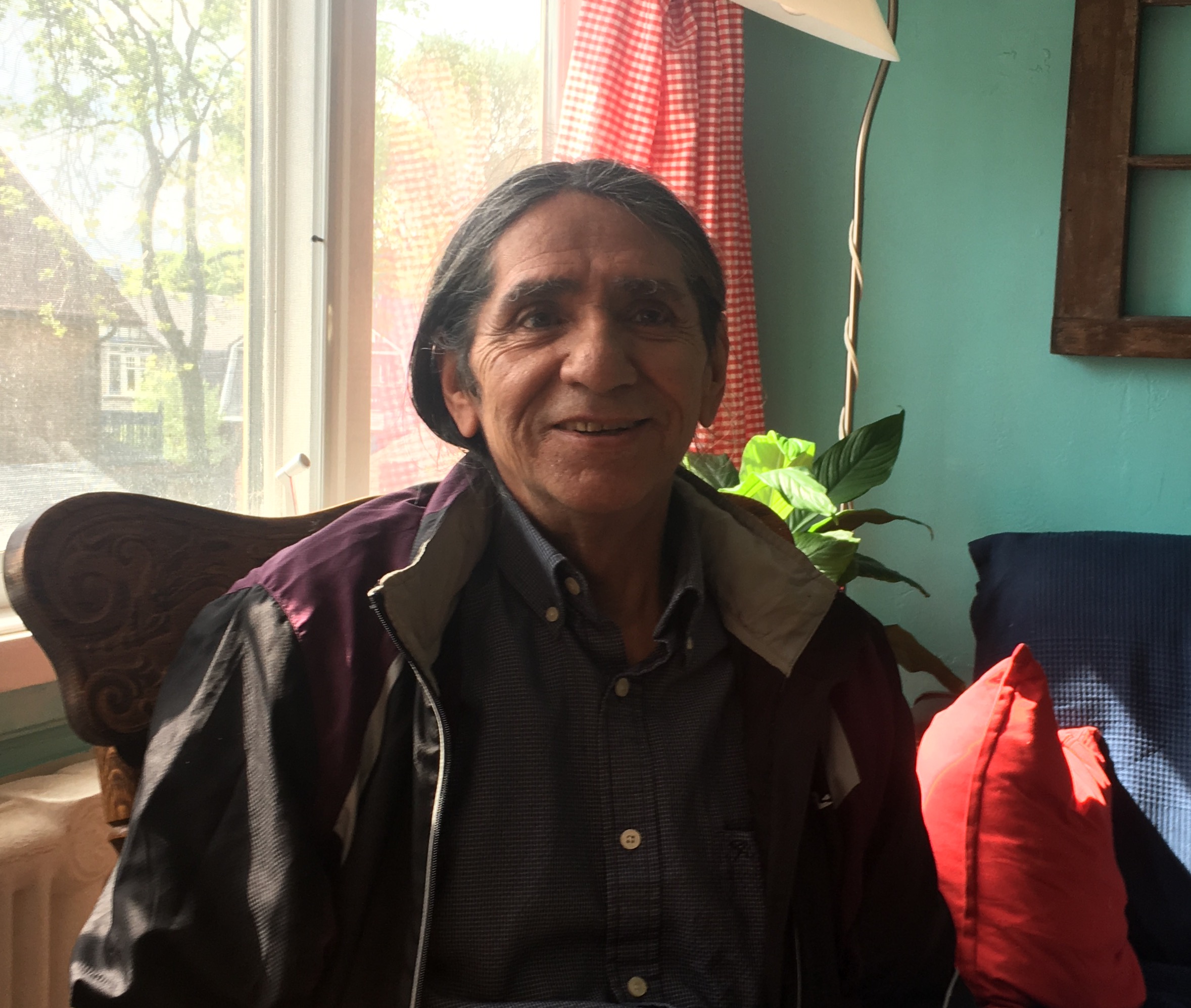
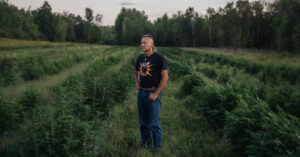
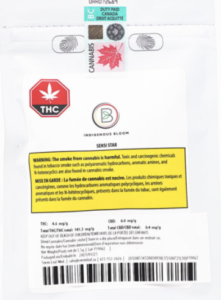

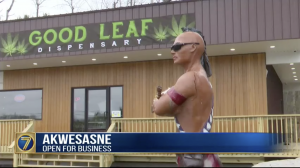
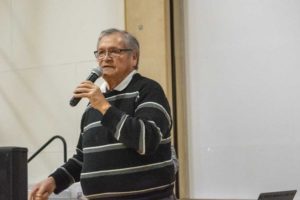
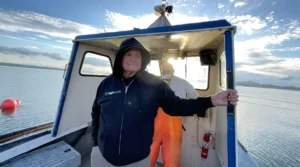
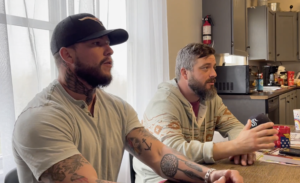
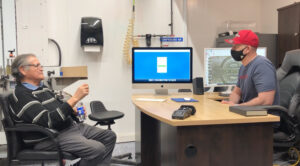
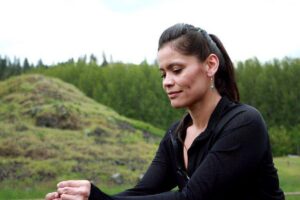
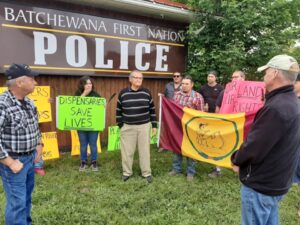

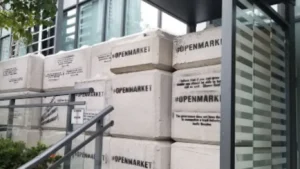
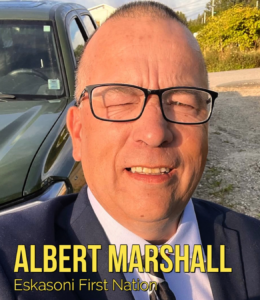
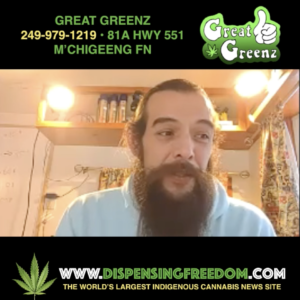
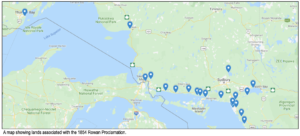
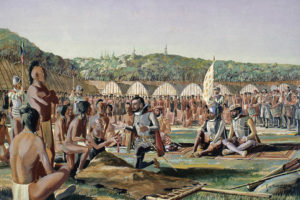
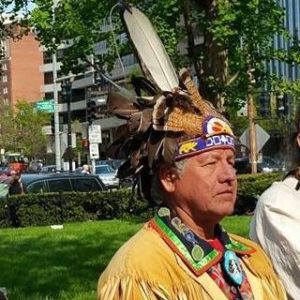
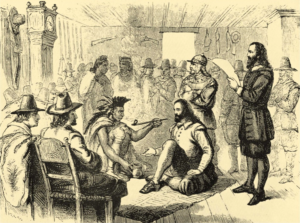
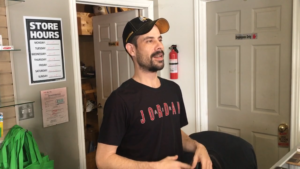
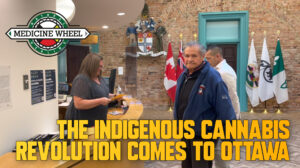
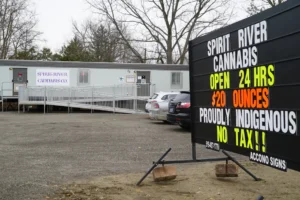
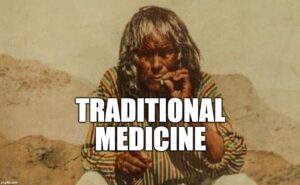
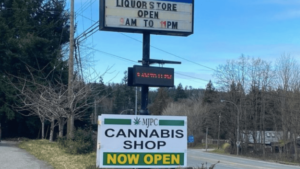
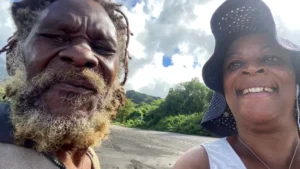
Comments are closed.